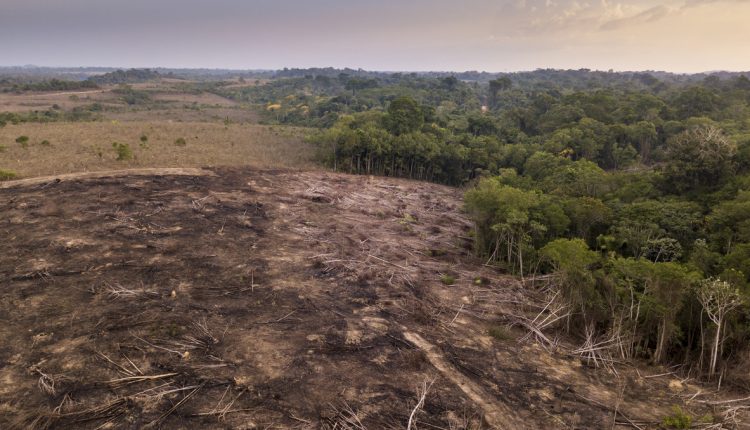Back in November 2019, the Commission on Arbitration and ADR of the International Chamber of Commerce (ICC) published an updated report discussing the role of arbitration in resolving disputes relating to climate change.
This is an increasingly pressing issue in the modern age, particularly with the Met Office reporting markedly higher average temperatures in the UK and suggesting that 6 of the 10 wettest years on these shores have occurred since 1998. But what are climate change-related disputes, and what steps are being taken to help resolve them in the current climate?
What Are Climate Change Related Disputes?
In the 2019 report, the definition of climate change disputes is relatively broad, including any issue or conflict that may arise as a direct result of rising temperatures or significant shifts in climate change policy.
However, there is mention of three main categories of dispute in the report, namely mitigation contracts to help reflect climate change goals, instances where commercial performance has been impacted by climate change and conflicts that arise after arbitration has been agreed to.But what does this all mean in practical terms? Well, the precise nature of disputes will vary from one industry to another, but it’s well known that many agricultural processes and equipment types are hypersensitive to climate change.
So, in instances where agricultural providers enter into supply contracts only to have their output impacted directly by climate change issues, a dispute may arise that requires quite complex arbitration.
In certain regions, it can also be argued that infrastructure for transport is compromised by climate change. This puts systems and social contracts at risk, creating the need to factor such threats into future arrangements and provisions.
The Future Of Arbitration In Relation To Climate Change Disputes
While the most recent report doesn’t make formal changes to the ICC, it has updated its recommendations and guidelines for arbitration in relation to climate change issues. Of course, arbitration refers to a neutral and amicable form of conflict resolution, in which a formal agreement is reached involving all associated parties.
Arbitration is particularly popular in climate change disputes due to the complexity and fast-changing nature of the issue, while the recent surfeit of policy changes following COP26 also requires expert guidance and mediation.
There are also sustained efforts to further understand how climate change is affecting commercial and contractual relationships across a broad range of industries.For example, cross-border experts and capital market lawyers Squire Patton Boggs have collaborated with Sciences Po Law School to create the Climate Change Arbitration Monitor.
The purpose of this initiative is to focus on the most relevant and contemporary climate change issues while understanding how they create contractual disputes and the role that they continue to play in disrupting business relationships.
This should aid the measures put in place to negate such risks while ensuring that future arbitrations and interventions are as effective as possible.




